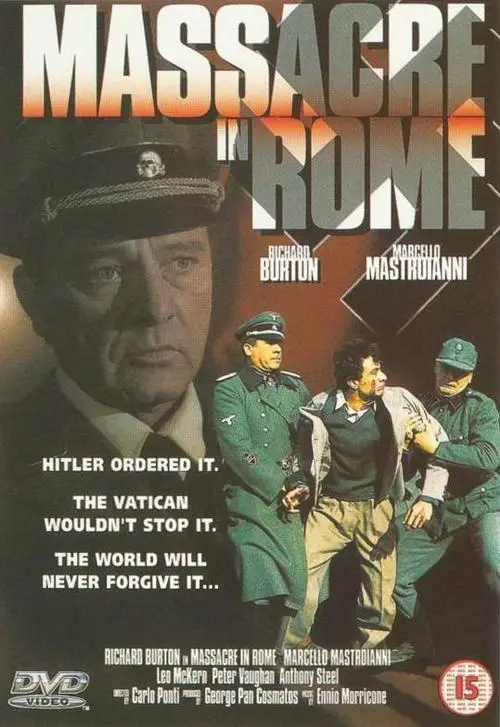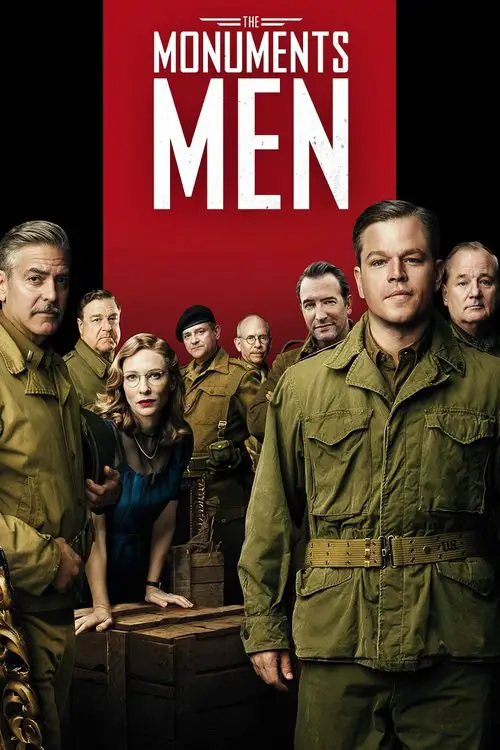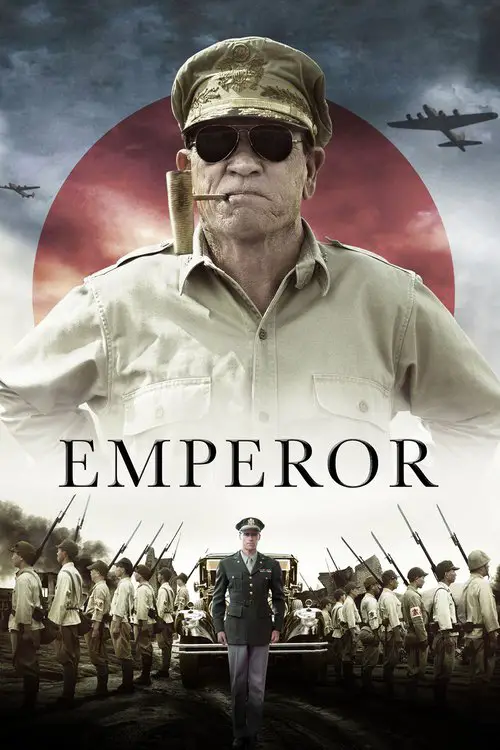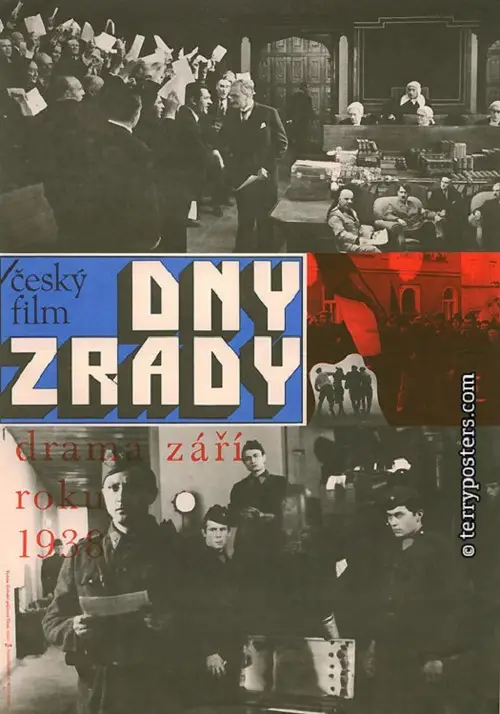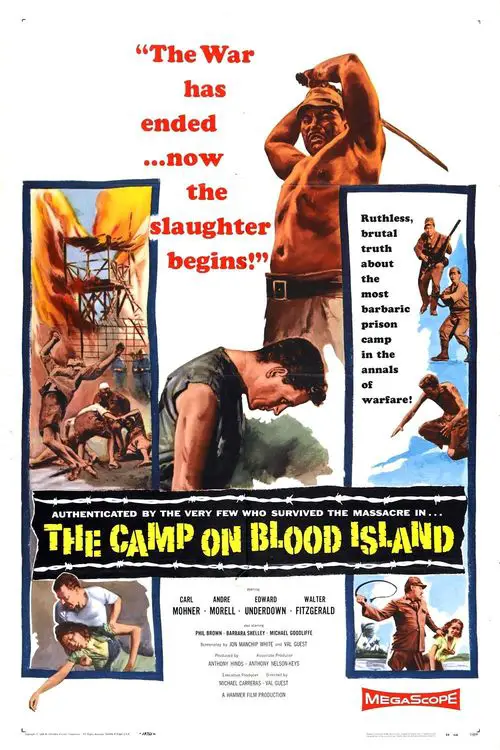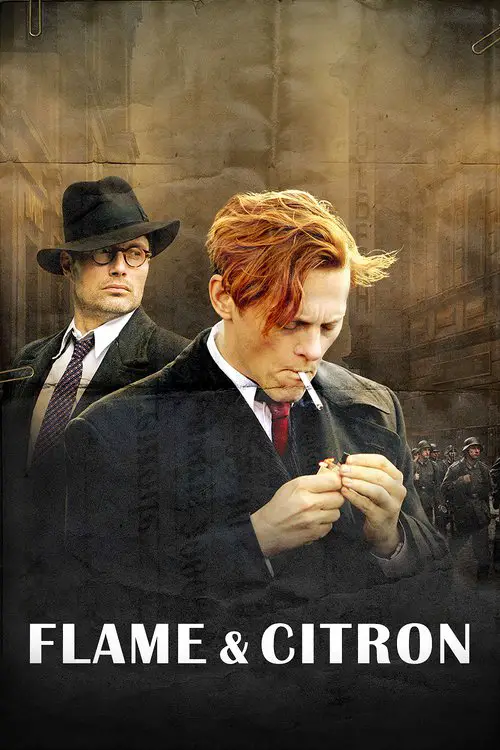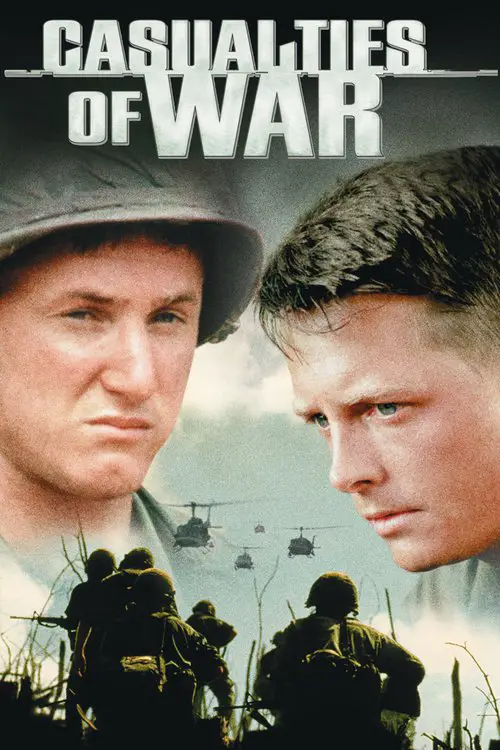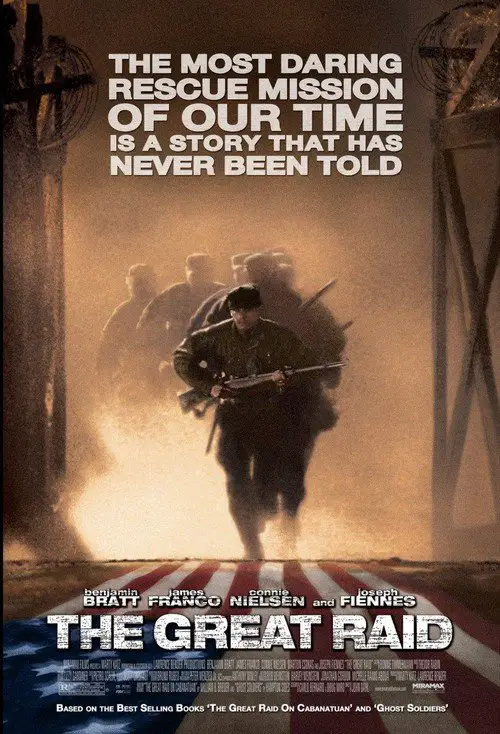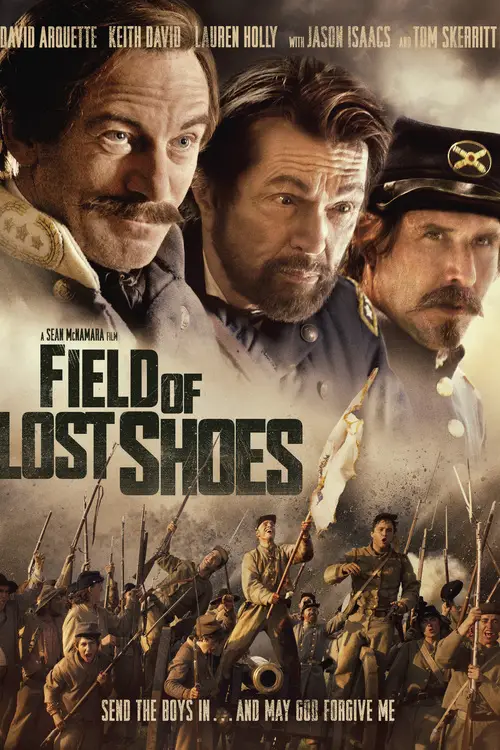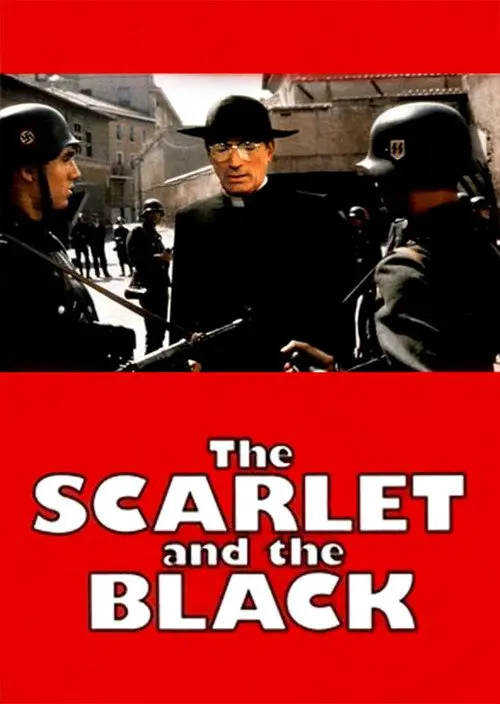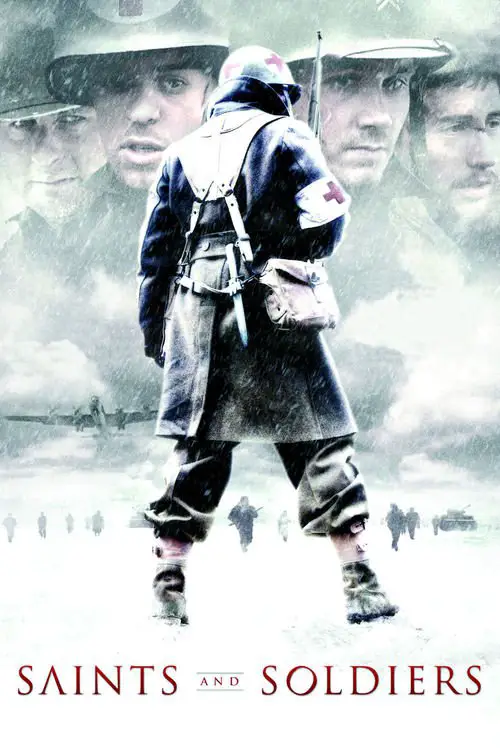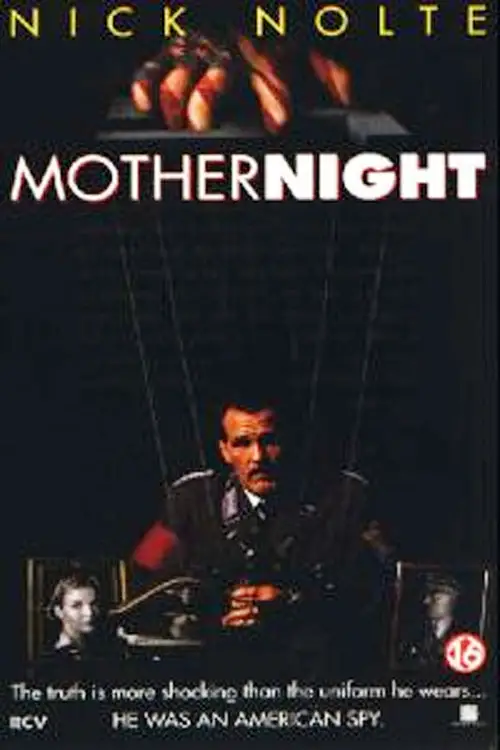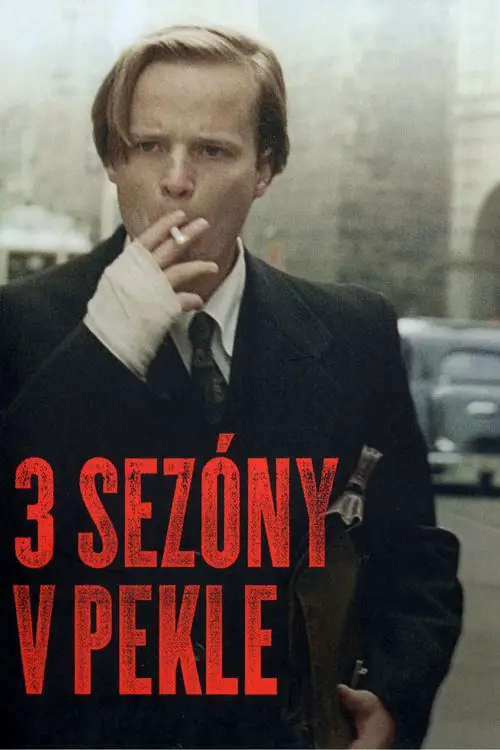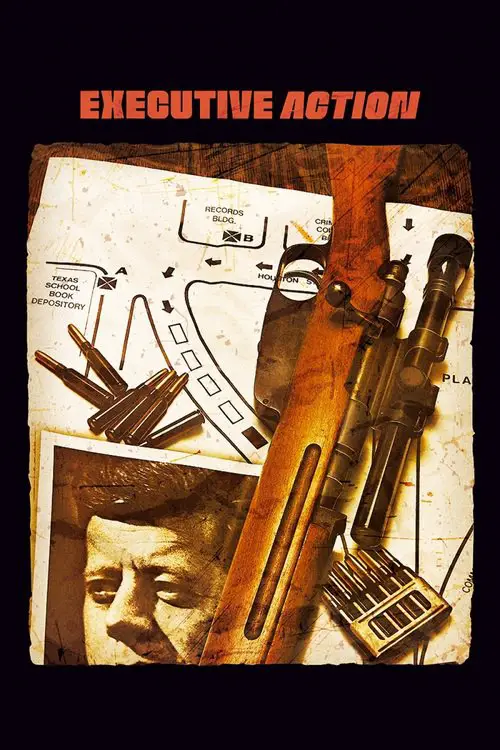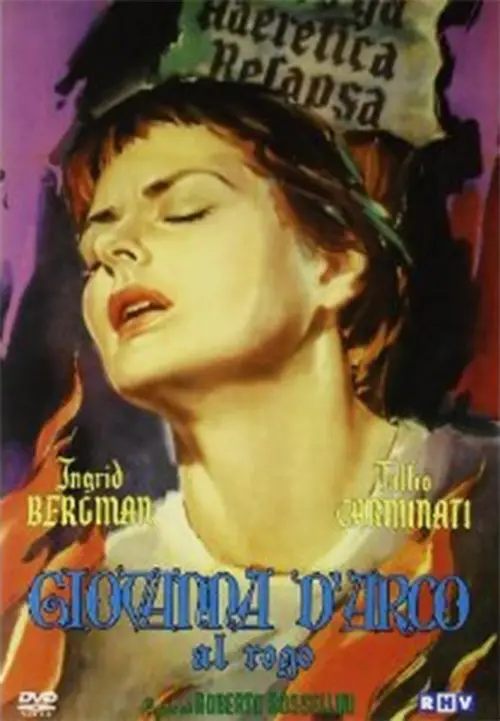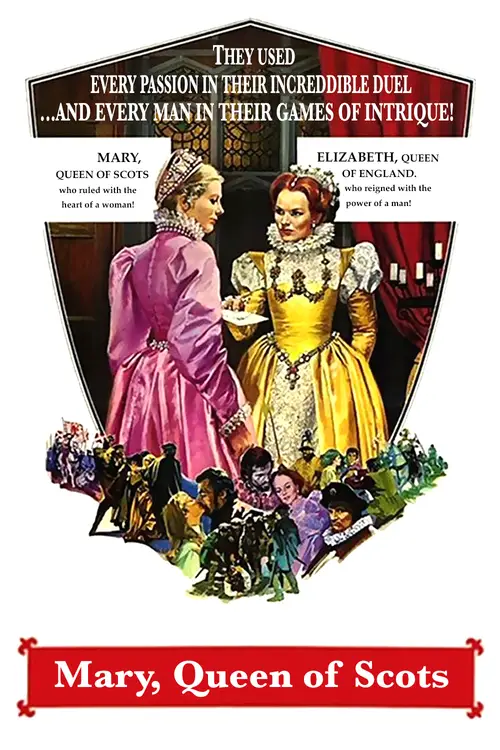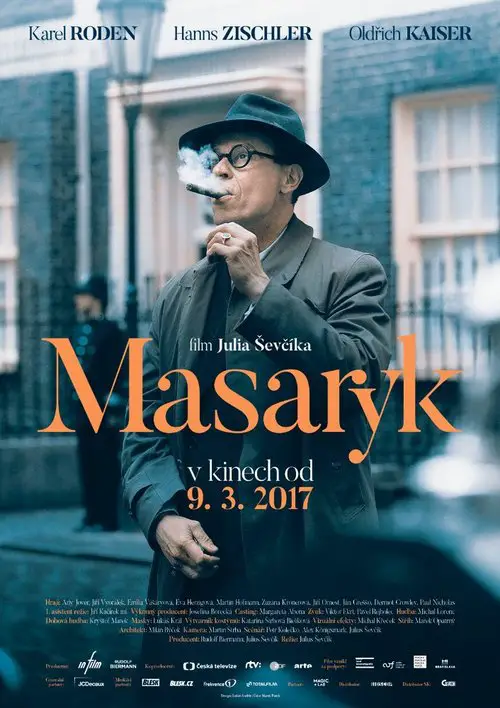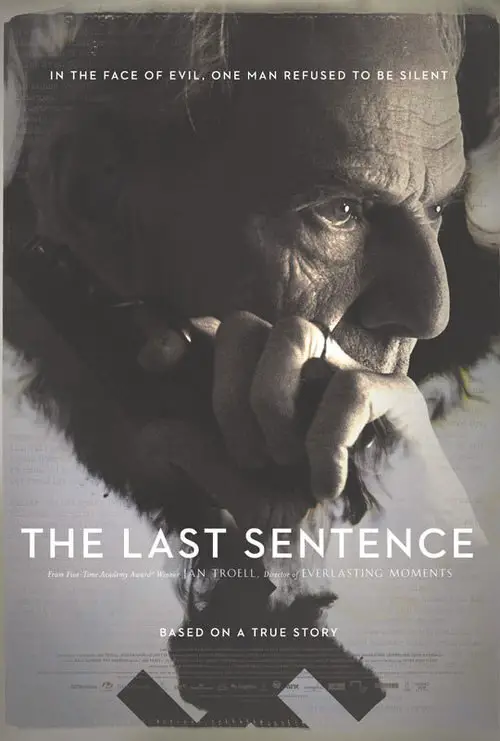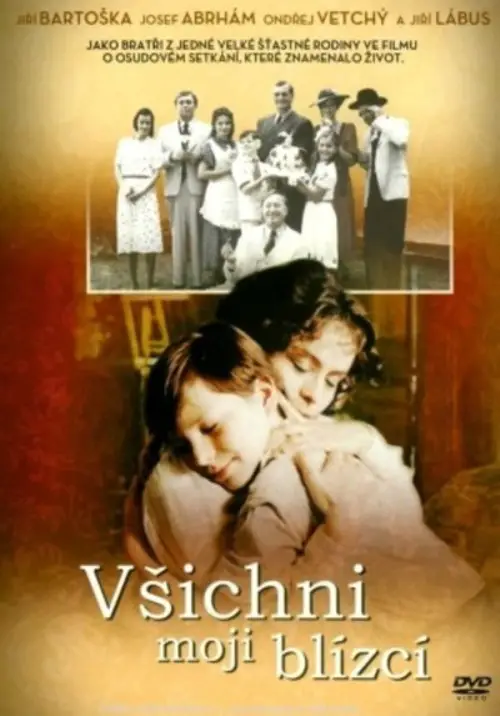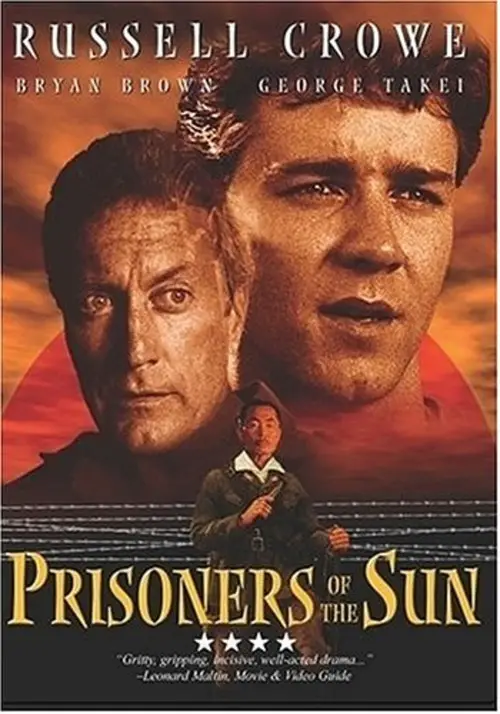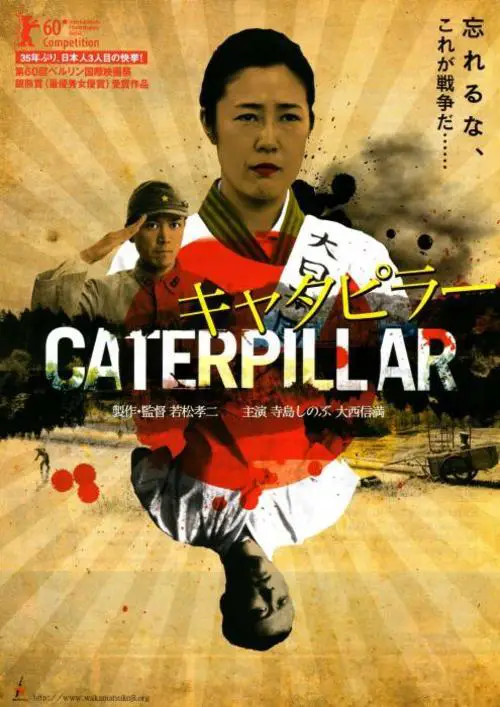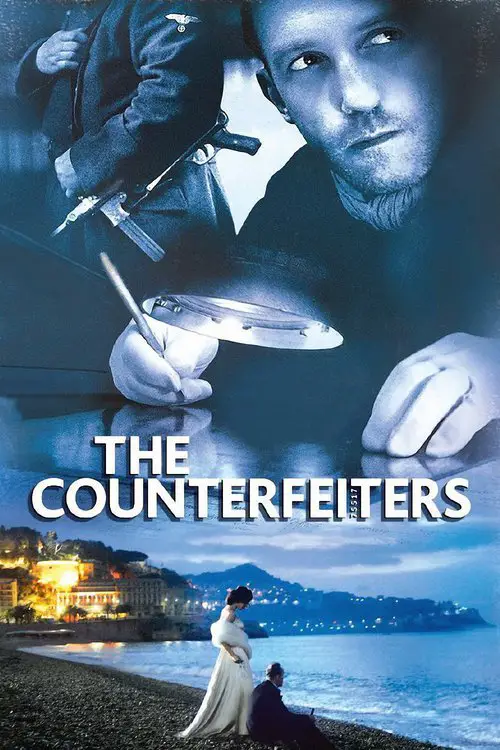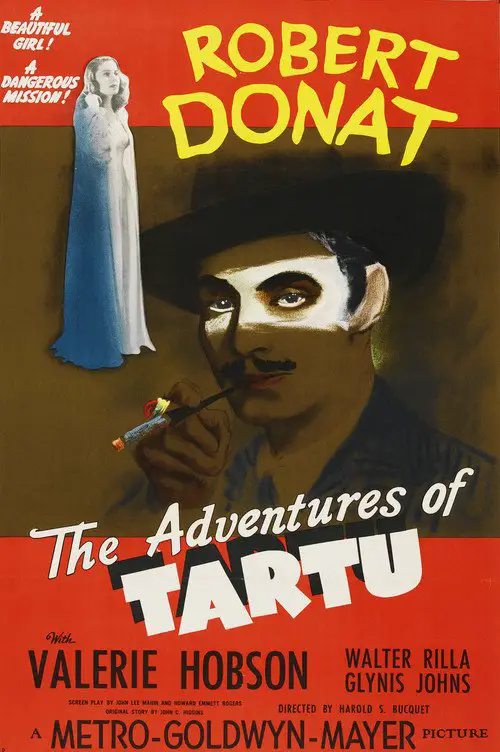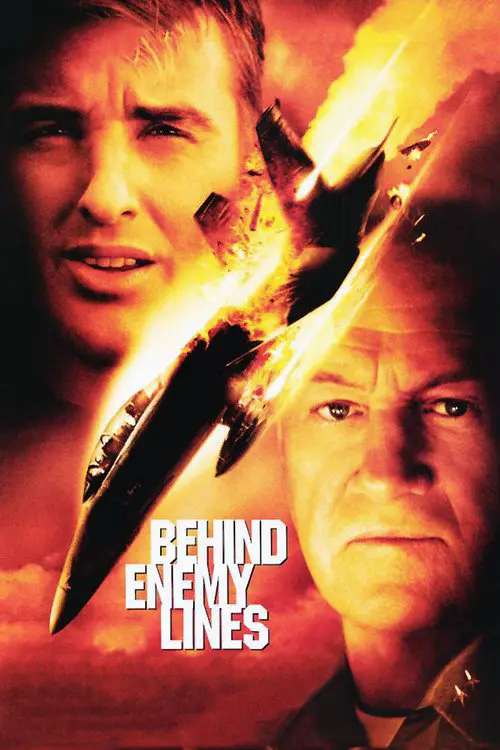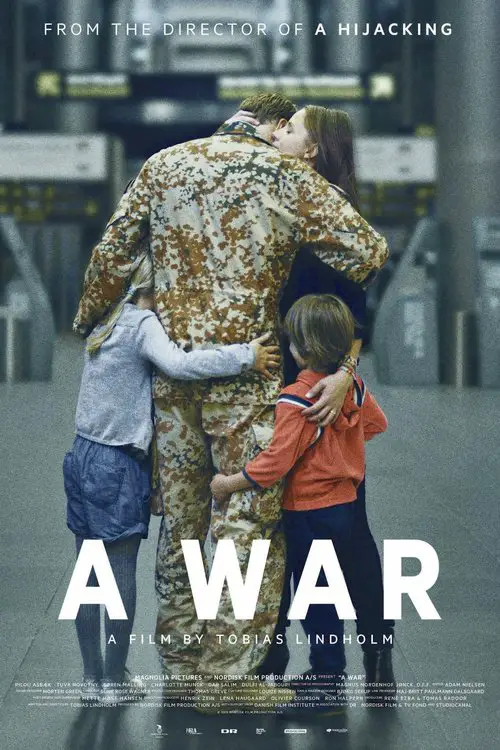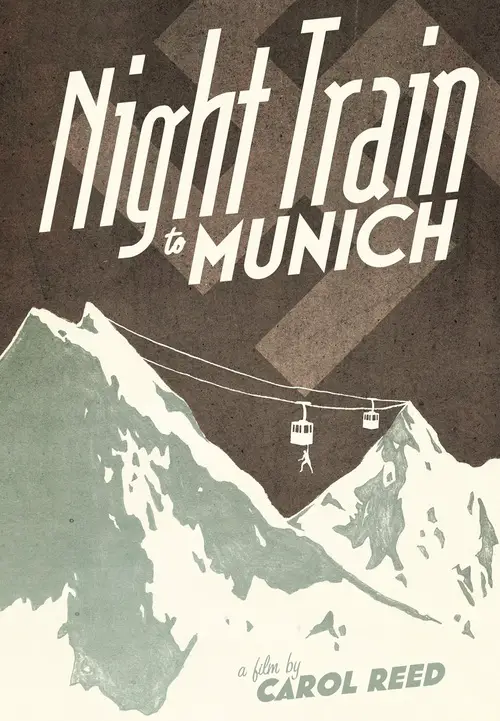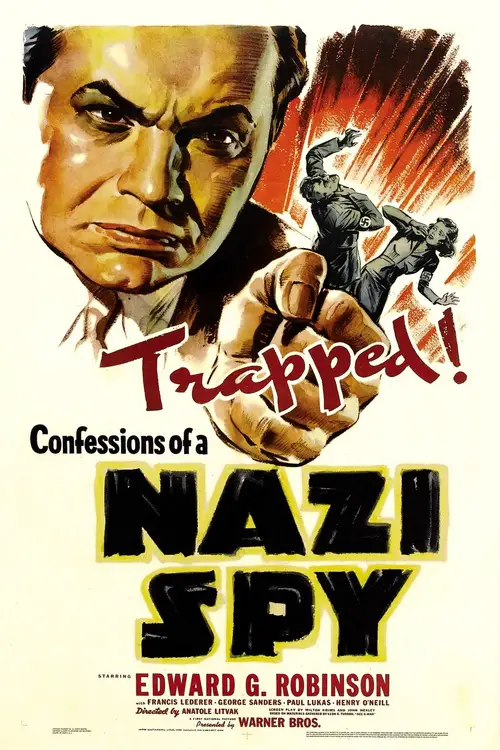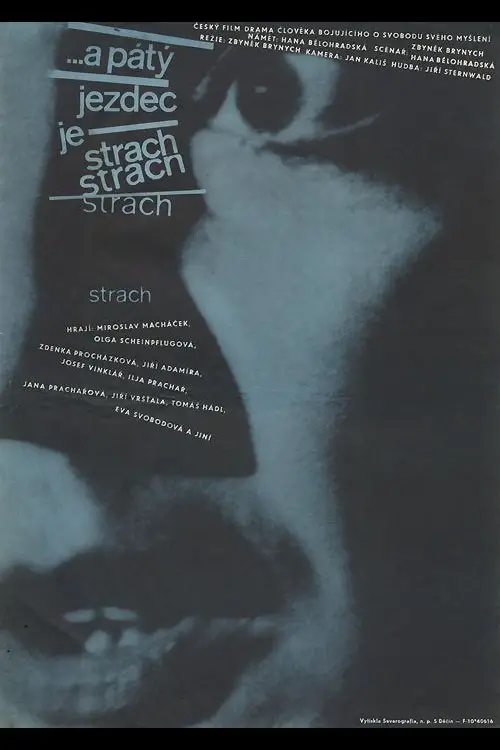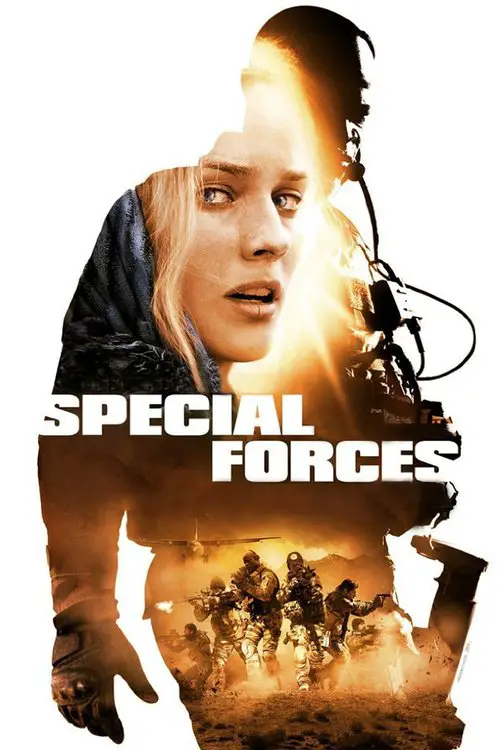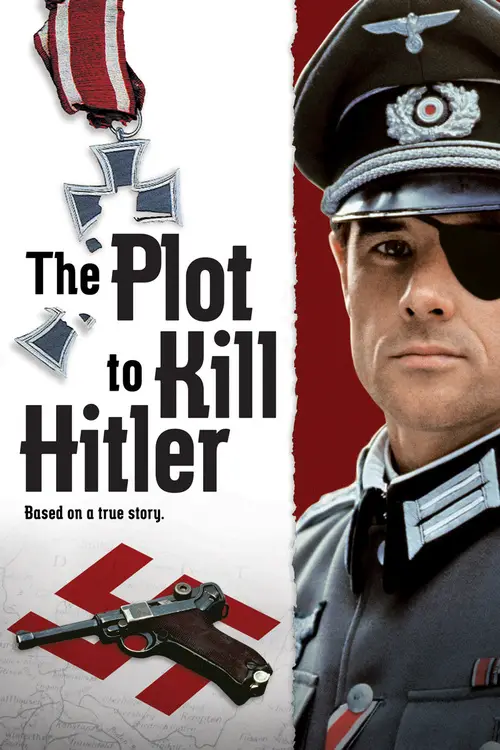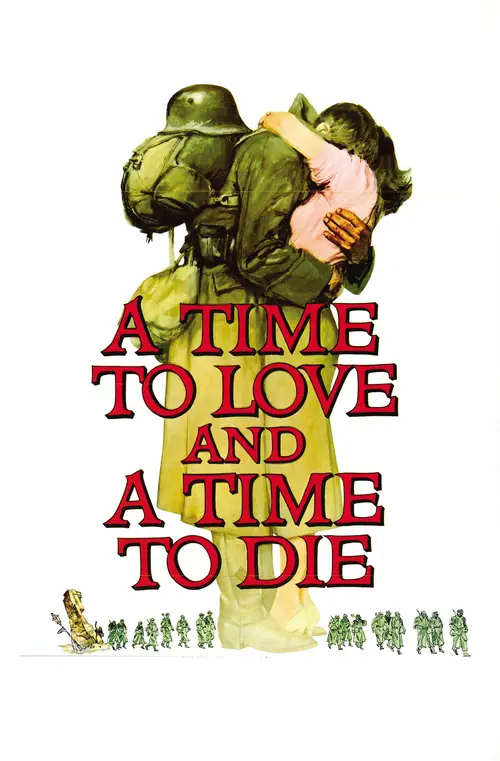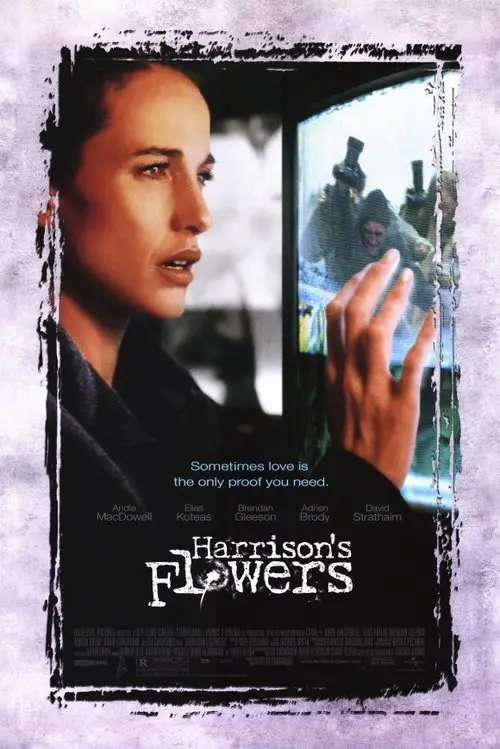Lidice (2011)
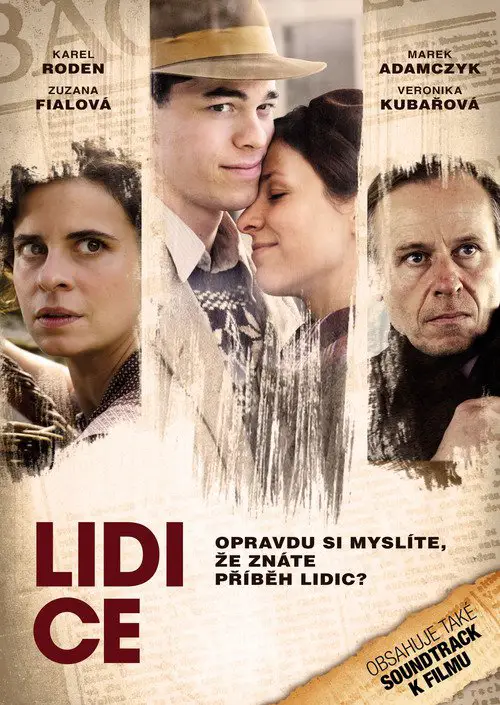
Similar movies
During the Nazi occupation of Czechoslovakia, surgeon Dr. Franticek Svoboda (Brian Donlevy), a Czech patriot, assassinates the brutal "Hangman of Europe", Reichsprotektor Reinhard Heydrich (Hans Heinrich von Twardowski), and is wounded in the process. In his attempt to escape, he is helped by history professor Stephen Novotny (Walter Brennan) and his daughter Mascha (Anna Lee).
During the Boer War, three Australian lieutenants are on trial for shooting Boer prisoners. Though they acted under orders, they are being used as scapegoats by the General Staff, who hopes to distance themselves from the irregular practices of the war. The trial does not progress as smoothly as expected by the General Staff, as the defence puts up a strong fight in the courtroom.
Based on the true story of the greatest treasure hunt in history, The Monuments Men is an action drama focusing on seven over-the-hill, out-of-shape museum directors, artists, architects, curators, and art historians who went to the front lines of WWII to rescue the worldâs artistic masterpieces from Nazi thieves and return them to their rightful owners. With the art hidden behind enemy lines, how could these guys hope to succeed?
Set in a Japanese prisoner of war camp during World War II, the film focuses on the brutality and horror that the allied prisoners were exposed to as the Japanese metered out subjugation and punishment to a disgraced and defeated enemy. This harrowing drama concentrates on the deviations of legal and moral definitions when two opposing cultures clash. Although fictional, this was one of the earliest films to deal realistically with life and death in a Japanese prisoner-of-war camp during the Second War.
During Nazi occupation, red-headed Bent Faurschou-Hviid ("Flame") and Jørgen Haagen Schmith ("Citron"), assassins in the Danish resistance, take orders from Winther, who's in direct contact with Allied leaders. One shoots, the other drives. Until 1944, they kill only Danes; then Winther gives orders to kill Germans. When a target tells Bent that Winther's using them to settle private scores, doubt sets in, complicated by Bent's relationship with the mysterious Kitty Selmer, who may be a double agent. Also, someone in their circle is a traitor. Can Bent and Jørgen kill an über-target, evade capture, and survive the war? And is this heroism, naiveté, or mere hatred?
Max Manus is a Norwegian 2008 biographic war film based on the real events of the life of resistance fighter Max Manus (1914â96), after his contribution in the Winter War against the Soviet Union. The story follows Manus â played by Aksel Hennie â through the outbreak of World War II in Norway until peacetime in 1945.
The Nazis, exasperated at the number of escapes from their prison camps by a relatively small number of Allied prisoners, relocates them to a high-security "escape-proof" camp to sit out the remainder of the war. Undaunted, the prisoners plan one of the most ambitious escape attempts of World War II. Based on a true story.
A group of German boys are ordered to protect a small bridge in their home village during the waning months of the second world war. Truckloads of defeated, cynical Wehrmacht soldiers flee the approaching American troops, but the boys, full of enthusiasm for the "blood and honor" Nazi ideology, stay to defend the useless bridge.
The invasion of a village in Byelorussia by German forces sends young Florya (Alexei Kravchenko) into the forest to join the weary Resistance fighters, against his family's wishes. There he meets a girl, Glasha (Olga Mironova), who accompanies him back to his village. On returning home, Florya finds his family and fellow peasants massacred. His continued survival amidst the brutal debris of war becomes increasingly nightmarish, a battle between despair and hope.
City of Life and Death takes place in 1937, during the height of the Second Sino-Japanese War. The Imperial Japanese Army has just captured the then-capital of the Republic of China, Nanjing. What followed was known as the Nanking Massacre, or the Rape of Nanking, a period of several weeks wherein tens of thousands of Chinese soldiers and civilians were killed.
Nathan Algren is an American hired to instruct the Japanese army in the ways of modern warfare -- in this lush epic set in the 1870s, which finds Algren learning to respect the samurai and the honorable principles that rule them. Pressed to destroy the samurai's way of life in the name of modernization and open trade, Algren decides to become an ultimate warrior himself and to fight for their right to exist.
Fr. Hugh O'Flaherty is a Vatican official in 1943-45 who has been hiding downed pilots, escaped prisoners of war, and Italian resistance families. His diplomatic status in a Catholic country prevents Colonel Kappler from openly arresting him, but O'Flaherty's activities become so large that the Nazi's decide to assassinate him the next time he leaves the Vatican. O'Flaherty continues his work in a variety of disguises. Based on a true story. Written by John Vogel
True story of Germany's most famous anti-Nazi heroine brought to thrilling, dramatic life. Sophie Scholl stars Julia Jentsch in a luminous performance as the fearless activist of the underground student resistance group, The White Rose. Armed with long-buried historical records of her incarceration, director Marc Rothemund expertly re-creates the last six days of Sophie Scholl's life.
Danton (Gérard Depardieu) and Robespierre (Wojciech Pszoniak) were close friends and fought together in the French Revolution, but by 1793 Robespierre was France's ruler, determined to wipe out opposition with a series of mass executions that became known as the Reign of Terror. Danton, well known as a spokesman of the people, had been living in relative solitude in the French countryside, but he returned to Paris to challenge Robespierre's violent rule and call for the people to demand their rights. Robespierre, however, could not accept such a challenge, even from a friend and colleague, and he blocked out a plan for the capture and execution of Danton and his allies.
A nurse and her surgeon-lover are part of a resistance movement in 1940s Czechoslovakia. When they are discovered, her lover flees and she must find a place to hide. A patient whose life she saved, a man from a remote mountain village where time stopped 150 years ago, agrees to hide her as his wife.
Open City is a landmark in film history. Filmed in secrecy during the Nazi occupation of Italy, the film shows a realistic portrayal of the underground resistance in Italy in 1945. The film has strong impacting imagery with itâs mix of fiction and reality that strengthened Italian Neo-realism and the film industry.
A dramatic history of Pu Yi, the last of the Emperors of China, from his lofty birth and brief reign in the Forbidden City, the object of worship by half a billion people; through his abdication, his decline and dissolute lifestyle; his exploitation by the invading Japanese, and finally to his obscure existence as just another peasant worker in the People's Republic.
Giovanna d'Arco al rogo (English: Joan of Arc at the Stake) is a 1954 Italian film directed by Roberto Rossellini and starring his wife Ingrid Bergman, which shows a live performance on December 1953 at the San Carlo Theatre in Naples. The film takes place mostly in a surrealistic fantasy around the time of the execution of Joan of Arc. Joan of Arc, played by Ingrid Bergman, is being burned alive for heresy. In a kind of dream state, she departs from her body and begins to look back upon her life. She begins this journey in a depressed and demoralized state. However, a priest appears to help guide her. First, he shows her those that accused her in the guise of animal characters, in order to show her their true nature. Then, he shows her the good that she has performed for people. In the end, she is proud of what she has done and is ready to face the flames.
Mary Stuart, who was named Queen of Scotland when she was only six days old, is the last Roman Catholic ruler of Scotland. She is imprisoned at he age of 23 by her cousin Elizabeth Tudor, the English Queen and her arch adversary. Nineteen years later the life of Mary is to be ended on the scaffold and with her execution the last threat to Elizabeth's throne has been removed. The two Queens with their contrasting personalities make a dramatic counterpoint to history.
It is 1939. Flamboyant Czech diplomat Jan Masaryk has fled to America to escape his recent past. Germany has invaded Czechoslovakia and Masaryk is now a man with no nation. In America he tries to forget the personal and political betrayal he and his country have suffered but these events shadow his every step. As the Czechoslovak ambassador in London, Masaryk failed to win the support of the British and could not avert the ruination of his country. With the help of Dr. Stein, an emigre German psychiatrist, and the beautiful writer Marcia Davenport, Masaryk tries to overcome his demons and re-live the dramatic events leading to the outbreak of the second world war.
The historical recreation of the 1942 Wannsee Conference, in which Nazi and SS leaders gathered in a Berlin suburb to discuss the "Final Solution to the Jewish Question". Lead by SS-General Reinhard Heydrich, this group of high ranking German officials came to the historic and far reaching decision that the Jews of Europe were to be exterminated in what would come to be known as the Holocaust.
Renowned journalist Torgny Segerstedt declares war against Hitler as he criticizes Swedish politicians who tried to look away from the tyranny of the Nazis with the good excuse of âneutralismâ. His only weapon is his pen and his life is full of gossip such as an affair with his bossâ wife, a love scandal with a secretary younger than his daughter, and the suicide of his wife. However, he continues to fight a one man battle against Hitler and the Nazi regime until his death, throwing the question âCan one person really change history?â to the audience.
Told from the perspective of man reflecting on his childhood in Prauge in the early years of World War 2 and the eventual destruction of his family as the Nazis rise to power. The storyline focuses heavily on Jewish-Czech Silberstein family members. Drama was filmed on the real events as a tribute to Mr. Nicholas Winton, the British humanitarian who organized the rescue of 669 children, most of them Jewish, from Czechoslovakia on the eve of the Second World War in an operation later known as the Czech Kindertransport from German-occupied Czechoslovakia and likely death in the Holocaust.
On an obscure Pacific Island just north of Australia, the Japanese Empire has operated a prisoner of war camp for Australian soldiers. At the close of World War II, the liberated POWs tell a gruesome tale of mass executions of over eight hundred persons as well as torture style killings of downed Australian airmen. In an attempt to bring those responsible to justice, the Australian Army establishes a War Crimes Tribunal to pass judgement on the Japanese men and officers who ran the Ambon camp. In an added twist, a high ranking Japanese admiral is implicated, and politics become involoved with justice as American authorities in Japan lobby for the Admiral's release. Written by Anthony Hughes
During the Second Sino-Japanese War, in 1940, Lieutenant Kurokawa returns home as a honored and decorated soldier but deprived of his arms and legs lost in battle. All hopes, from the villagers and women to close family members, turn to Shigeko, the Lieutenant's wife. She must honor the Emperor and the country in setting an example for all by fulfilling her duty and taking care of the 'god soldier'. Kurokawa prior to leaving to fight in the war regularly beat and berated his wife for her barrenness and inability to bring him a son. When he returns home as an amputee with no hearing and no speech, his wife dutifully attends to him, even though he shows little appreciation for her dedicated care. His main concerns are getting fed and getting sex. Even in his own degraded condition, he manages to berate his wife. Eventually, though, his own memories infiltrate and he is haunted by his horrible, sadistic deeds, performed while in the duty of the Japanese military.
March 15, 1939: Germany invades Czechoslovakia. Czech pilots flee to England, joining the RAF. After the war, back home, they are put in labor camps, suspected of anti-Communist ideas. This film cuts between a post-war camp where Franta is a prisoner and England during the war, where Franta is like a big brother to Karel, a very young pilot. On maneuvers, Karel crash lands by the rural home of Susan, an English woman whose husband is MIA. She spends one night with Karel, and he thinks he's found the love of his life. It's complicated by Susan's attraction to Franta. How will the three handle innocence, Eros, friendship, and the heat of battle? When war ends, what then
British Captain Terence Stevenson (Robert Donat) accepts an assignment even more dangerous than his everyday job of defusing unexploded bombs. Fluent in Romanian and German and having studied chemical engineering, he is parachuted into Romania to assume the identity of Captain Jan Tartu, a member of the fascist Iron Guard. He makes his way to Czechoslovakia to steal the formula of a new Nazi poison gas and sabotage the factory where it is being manufactured.
A veteran sergeant of the World War I leads a squad in World War II, always in the company of the survivor Pvt. Griff, the writer Pvt. Zab, the Sicilian Pvt. Vinci and Pvt. Johnson in Vichy French Africa, Sicily, D-Day at Omaha Beach, Belgium and France, ending in a concentration camp in Czechoslovakia where they face the true horror of war.
While flying a routine reconnaissance mission over Bosnia, fighter pilot Chris Burnett photographs something he wasn't supposed to see and gets shot down behind enemy lines, where he must outrun an army led by a ruthless Serbian general. With time running out and a deadly tracker on his trail, Burnett's commanding officer decides to risk his career and launch a renegade rescue mission to save his life.
Company commander Claus Michael Pedersen and his men are stationed in Helmand, Afghanistan. Meanwhile back in Denmark, with a husband at war and three children missing their father, everyday life is a struggle for Claus' wife Maria. During a routine mission, the soldiers are caught in heavy Taliban crossfire. In order to save his men, Claus makes a decision that ultimately sees him return to Denmark accused of a war crime.
When the Germans march into Prague, armour-plating inventor Dr Bomasch flees to England. His daughter Anna escapes from arrest to join him, but the Gestapo manage to kidnap them both back to Berlin. As war looms, British secret service agent Gus Bennet follows disguised as a senior German army officer. His ploy -- not unpleasant one -- is pretending to woo Anna to the German cause.
In a small town still occupied by the Germans as World War II's tide is turning toward the Allies, apprentice train-watcher Milos is oblivious to the war. Instead, he is obsessed with having his first sexual experience. Despite the favors of train conductor Masa, Milos has no luck. His quest leads him to a female Resistance fighter who, in passing, recruits him to the cause. As Milos finally finds love, danger draws closer.
Afghanistan. War correspondent Elsa Casanova is taken hostage by the Taliban. Faced with her imminent execution, a Special Forces unit is dispatched to free her. In some of the worldâs most breathtaking yet hostile landscapes, a relentless pursuit begins between her kidnappers who have no intention of letting their prey escape them and a group of soldiers who risk their lives in pursuit of their single aim â to bring her home alive. This strong, independent woman and these men of duty are thrown together and forced to confront situations of great danger that inextricably bind them â emotionally, violently and intimately.
"The Plot to Kill Hitler" is a historical recreation of the 1944 attempt by several German High Command Officers to assassinate Adolf Hitler and take control of the German government. Lead by Wehrmacht Colonel Count von Staufenberg, this group of brave men managed to plant a bomb in Hitler's battlefield headquarters. By sheer luck, Hitler survived the blast and the SS quickly arrested and executed all those involved in the affair.
Broadway gambler 'Gloves' Donahue wants to find who killed the baker of his favorite cheesecake. He sees nightclub singer Leda Hamilton leaving the bakery. When her boss Marty's partner Joe is murdered, Leda and her accompanist Pepi disappear. It turns out that beneath all the mystery is a gang of Nazi operatives planning to blow up a battleship in New York harbor.
Harrison Lloyd is a Pulitzer-winning photojournalist. His wife and family are making it hard for him to keep his mind on his work when he's in a war zone, and he wants to change jobs to something less stressful. But he's got one last assignment, in war-torn Yugoslavia, in 1991, at the height of the fighting. Word comes back that he apparently died in a building collapse, but his wife Sarah (also a journalist for Newsweek) refuses to believe that he's dead and goes looking for him. She's helped immensely by the photo-journalists Eric Kyle and Marc Stevenson that she runs into over there; together, they're determined to make it through the chaotic landscape to Vukovar, which is not only the nexus of the war but where she believes Harrison is located. Meanwhile, Harrison's son Cesar is looking after his father's prized greenhouse, keeping hope, and flowers, alive.
© Valossa 2015–2026
| Privacy Policy

